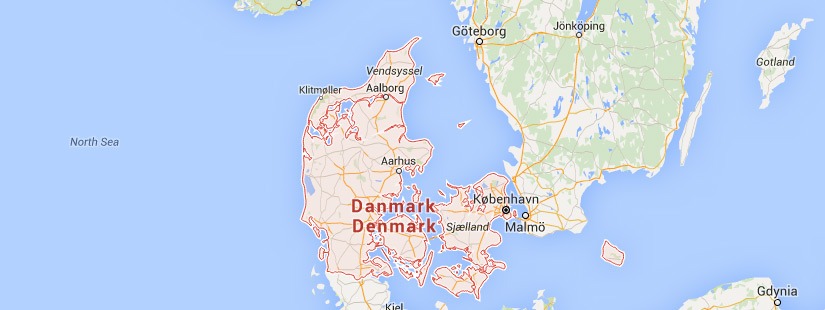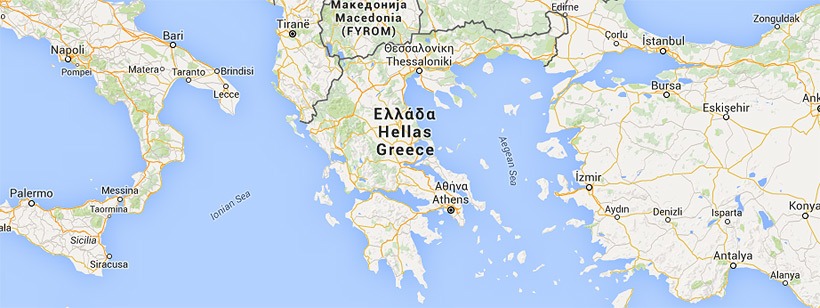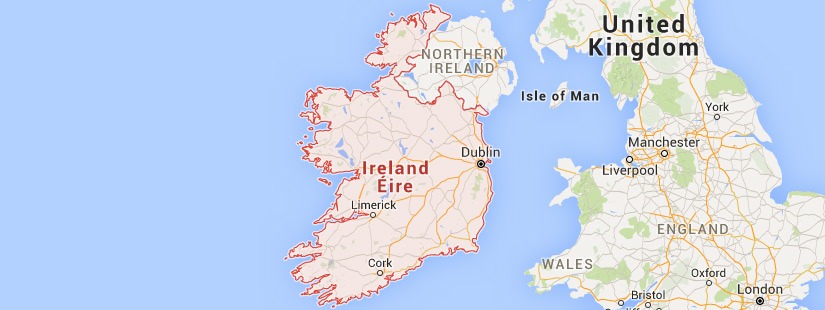Removals to France
Get a free quote online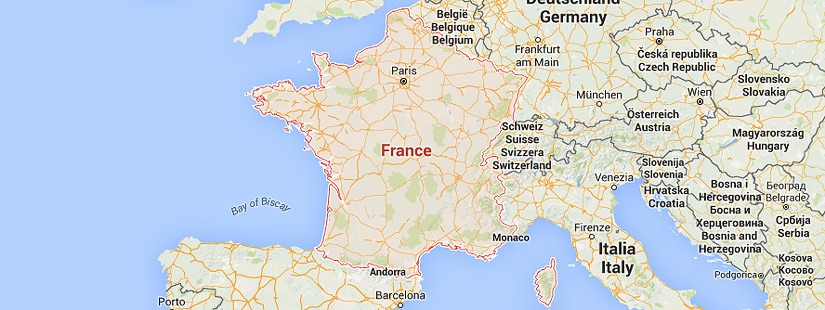
Are you planning a move to France? Whether for work, study, or to start a new life in the *City of Lights* or another of its splendid cities, an international relocation requires organization. This guide will accompany you step by step, providing all the necessary information to face removals from France to Italy (or vice versa) with peace of mind.
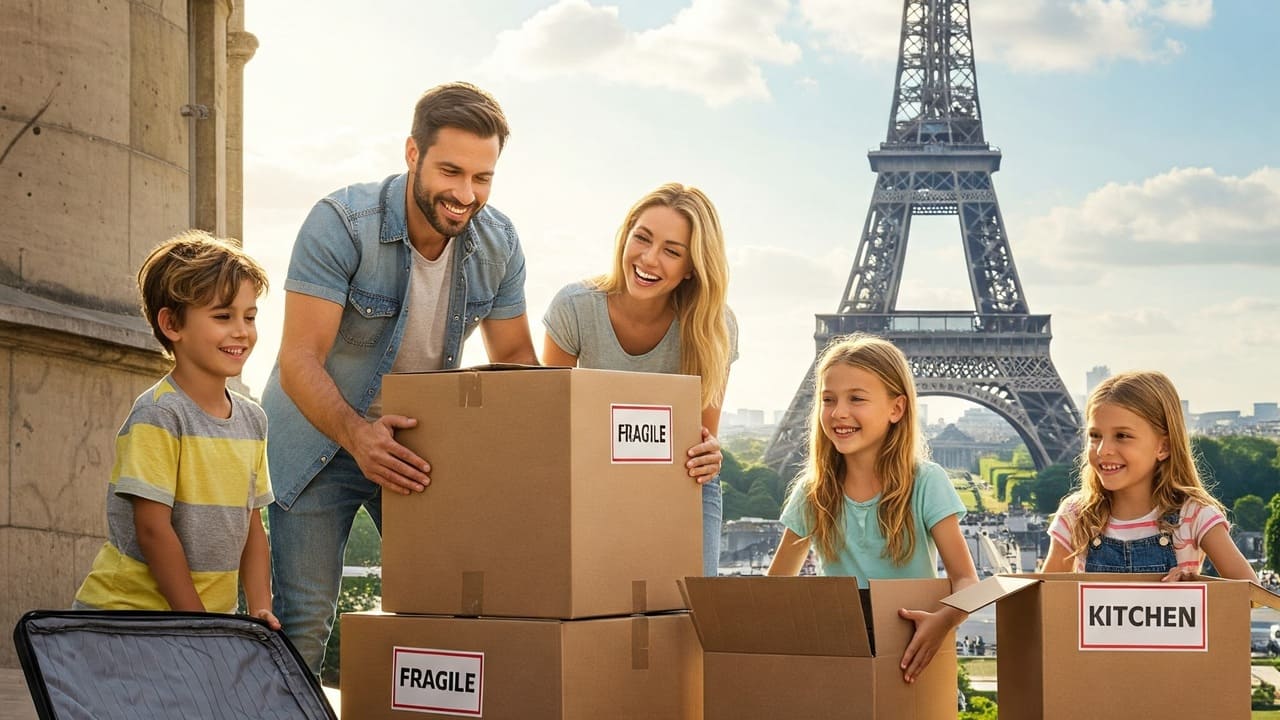
Why France? (And What Awaits You)
- Some of the latest requests received: International removal from Milan to Paris; International removal from Rome to Paris.France is one of the most sought-after destinations for Italians abroad, and for excellent reasons:
- Job opportunities: A solid economy with diversified sectors, from fashion to technology, from industry to agriculture.
- Culture and art: World-renowned museums, millennia of history, a vibrant art scene, and renowned gastronomy.
- Quality of life: A good healthcare system, efficient public services, and a wide range of leisure activities.
- Beauty and variety: From the Alps to the French Riviera, from medieval villages to cosmopolitan cities, France offers landscapes and lifestyles for all tastes.
Moving to France is a stimulating experience, but it is essential to prepare as best as possible to avoid unforeseen events.

Your Moving Checklist for France: Step by Step
1. Documents and Bureaucracy: The Starting Point
- Identity Card/Passport: As France is part of the EU, a valid identity card for expatriation is sufficient for Italian citizens. However, a passport is recommended, especially if you plan to travel outside the EU.
- Déclaration d'arrivée: Within 8 days of your arrival in France, you must make a *déclaration d'arrivée* at your municipality of residence (Mairie). This is a fundamental step for registration.
- Additional documents: Bring birth certificates, marriage certificates, and other documentation that may be useful (e.g., for enrolling children in school).
- European Health Insurance Card (EHIC): Make sure you have a valid EHIC, which guarantees you basic healthcare in France. Consider taking out supplementary health insurance.
2. Finding a Home in France: Where and How
Finding accommodation is one of the priorities. Here are some options:
- Real estate websites: SeLoger, Logic-Immo, Bien'ici are among the most popular in France.
- Real estate agencies: Relying on an agency can simplify the search, especially if you don't know the area well.
- Facebook groups and social networks: There are groups dedicated to Italians in France, where you can find ads and advice.
- Lease agreement (*bail*): Read the contract carefully before signing it. Pay attention to the duration, the security deposit (*caution*), and the notice period conditions. In France, lease agreements are often *meublé* (furnished) or *non meublé* (unfurnished).
3. Choosing a Removal Company: Reliability and Professionalism
This is a *crucial* step. Here are the criteria for choosing the right company:
- Specialization in international removals: Look for companies with specific experience in Italy France removals.
- Clear and detailed quotes: Compare quotes from different companies, carefully evaluating the services included (packing, furniture dismantling/assembly, transport, insurance, storage, etc.). Ask if there are additional costs (e.g., for transport in restricted traffic zones or to upper floors without a lift).
- Insurance: Make sure the company offers comprehensive insurance coverage for your belongings.
- Reviews and references: Look for online reviews from other clients and, if possible, ask for direct references.
- Customer service: Check the availability and responsiveness of the company's customer service.
4. Packing: Protecting Your Belongings
Careful packing is essential for safe transport. Here are some practical tips:
- Quality boxes: Use sturdy boxes, preferably new or in excellent condition. Reinforce the bottom with adhesive tape.
- Protective materials: Purchase bubble wrap, packing paper, polystyrene peanuts, and other materials to protect fragile items.
- Packing techniques: Individually wrap delicate items. Fill empty spaces in boxes to prevent movement during transport. Do not overload boxes.
- Labeling: Label each box clearly and in detail, indicating the contents and the destination room. Use "FRAGILE" labels for boxes containing delicate items.
- Inventory: Create a detailed inventory of all your belongings, possibly with photos. This will be useful for insurance and customs.
5. Vehicle Transport: Cars, Motorcycles, and More
If you need to transport your vehicle to France, here are the options:
- Car transporter transport: The safest and often most convenient solution, entrusted to specialized companies.
- Self-driving: If you choose to drive, make sure you have all documents in order (international insurance, green card) and are informed about motorway tolls and any necessary vignettes. Consult the ACI website.
- Vehicle registration in France: If you plan to stay in France for an extended period, you will need to register your vehicle.
6. Customs Aspects: What You Need to Know
As France is an EU member country, moving from Italy does not involve customs duties for your *used* personal effects. However:
- Declaration: Even if there are no duties, you might be required to declare the goods you are transferring; your removal company will assist you.
- Detailed inventory: A precise inventory is useful for customs declaration and insurance.
- Restrictions: Some goods (weapons, alcohol, tobacco in large quantities) are subject to specific restrictions or taxes. Inquire with French customs (douane.gouv.fr) or Italian customs.
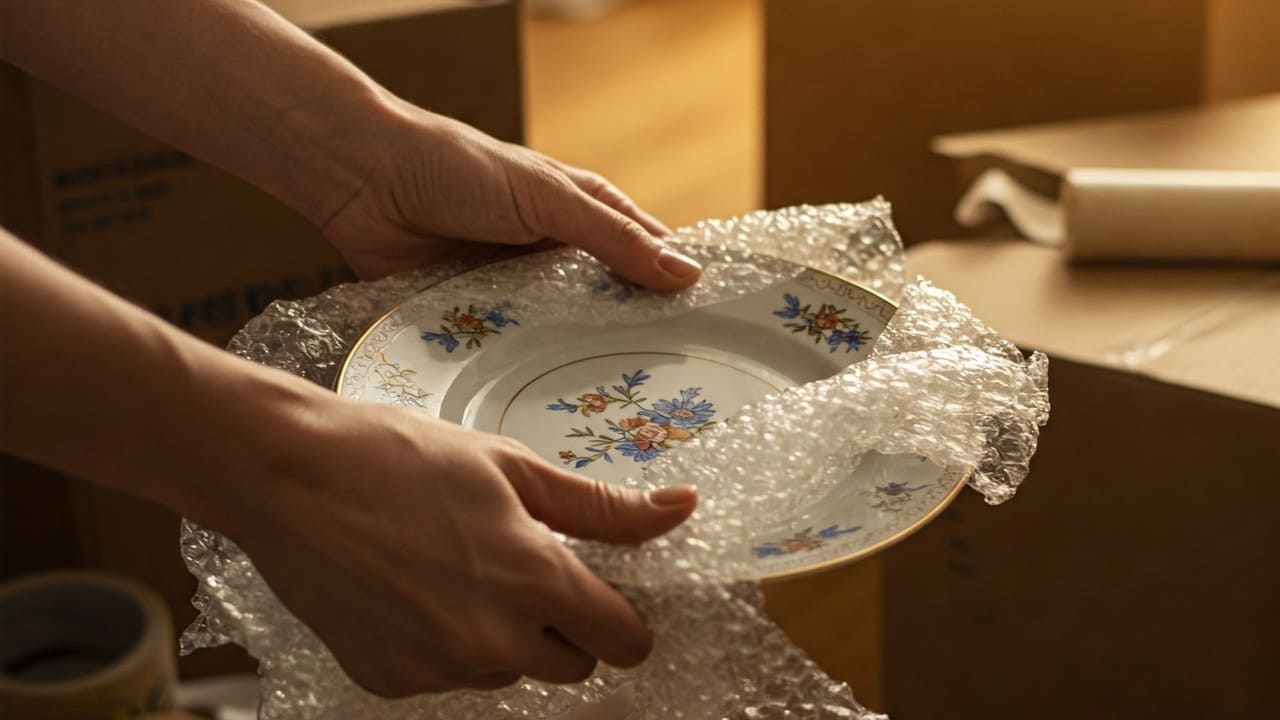
Removals to France: Costs and Quotes
The cost of a removal to France depends on various factors:
- Volume of goods: The quantity of furniture and items to be transported is the main factor.
- Distance: The distance between your departure city in Italy and your destination in France affects the transport cost.
- Additional services: Packing, furniture dismantling/reassembly, insurance, storage, etc.
- Accessibility: If your departure or arrival residence is difficult to reach (e.g., located in a historic center or on an upper floor without a lift), there might be additional costs.
- Time of year: Removals during peak season (summer, holidays) can be more expensive.
To get a reliable quote, it is essential to request quotes from multiple companies and compare them. A good quote should be:
- Detailed: Clearly specify all included services and their respective costs.
- Transparent: Not hide additional costs.
- Personalized: Based on your specific needs.

France Italy Transport: Shipments and Goods
If you need to carry out France Italy transport or transport from France to Italy of goods, furniture, or parcels, the options are:
- International couriers: DHL, UPS, FedEx, GLS, etc. offer express and standard shipping services.
- Specialized transport companies: There are companies specialized in international Italy France transport, which can also handle bulky loads or special goods.
- Removal companies: Many removal companies also offer this type of service, very convenient if you need to ship a few items.
- Postal services: La Poste (in France) and Poste Italiane offer international shipping services.
Again, compare quotes, delivery times, and insurance offered.
Useful Tips for a Stress-Free Move
- Start well in advance: Planning is essential. Start organizing your move at least 2-3 months before the planned date.
- Declutter: Before packing, sort through your belongings. Sell, donate, or throw away what you no longer need. This will save you time, space, and money.
- Prepare a "survival box": Include essential items you'll need immediately upon arrival (personal hygiene products, a change of clothes, medications, chargers, etc.).
- Communicate your change of address: Inform post offices, banks, insurance companies, utility providers, etc., of your change of residence.
- Learn some French: Even if English is spoken in many tourist areas, knowing the basics of French will help you in daily life.
- Be patient and flexible: Unexpected things can happen. Try to maintain a positive attitude and adapt to any difficulties.
A well-organized move to France can be the start of a wonderful adventure. By following these tips and relying on serious professionals, you can face the relocation with peace of mind and start your new life across the Alps in the best possible way.

